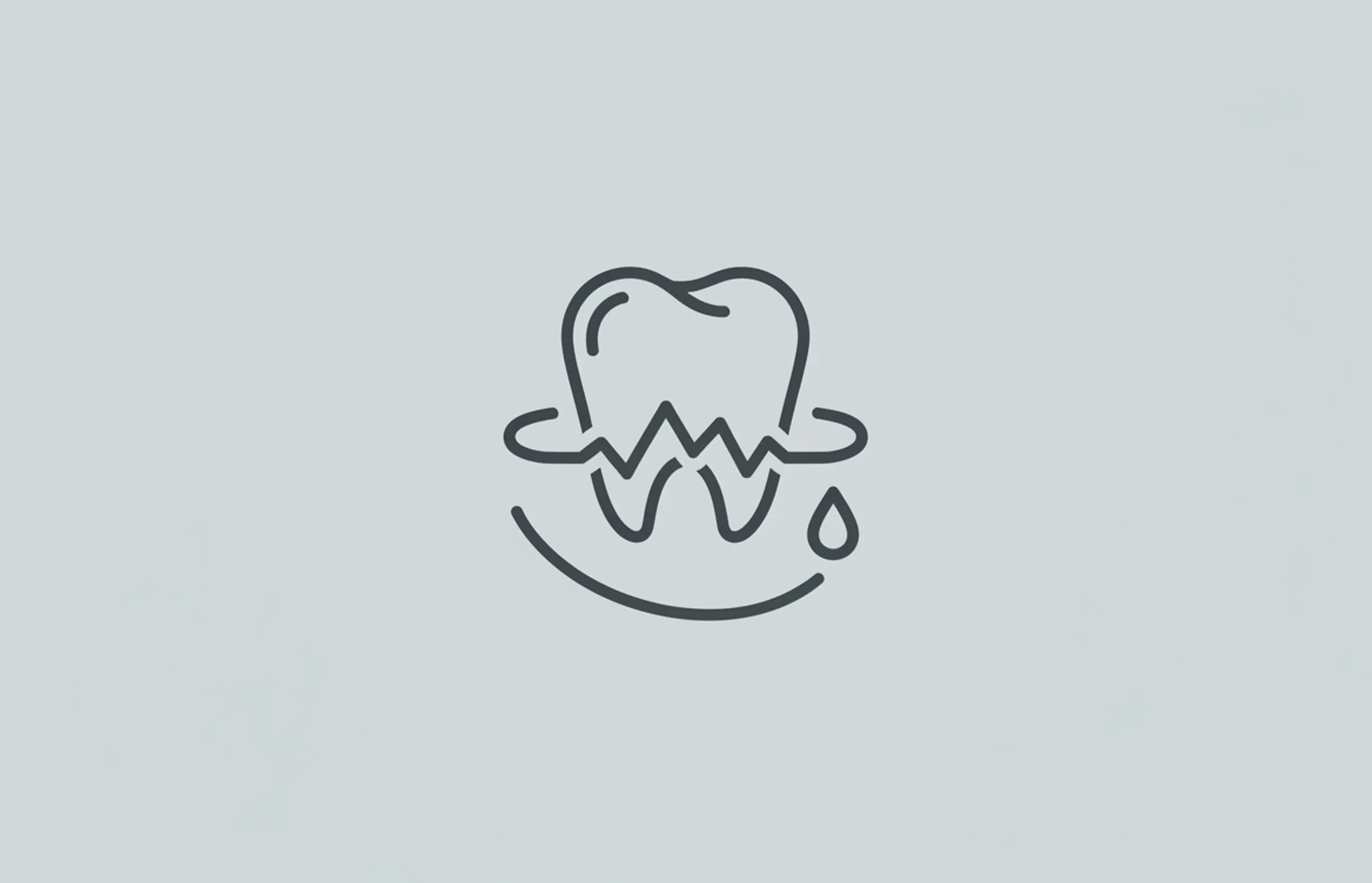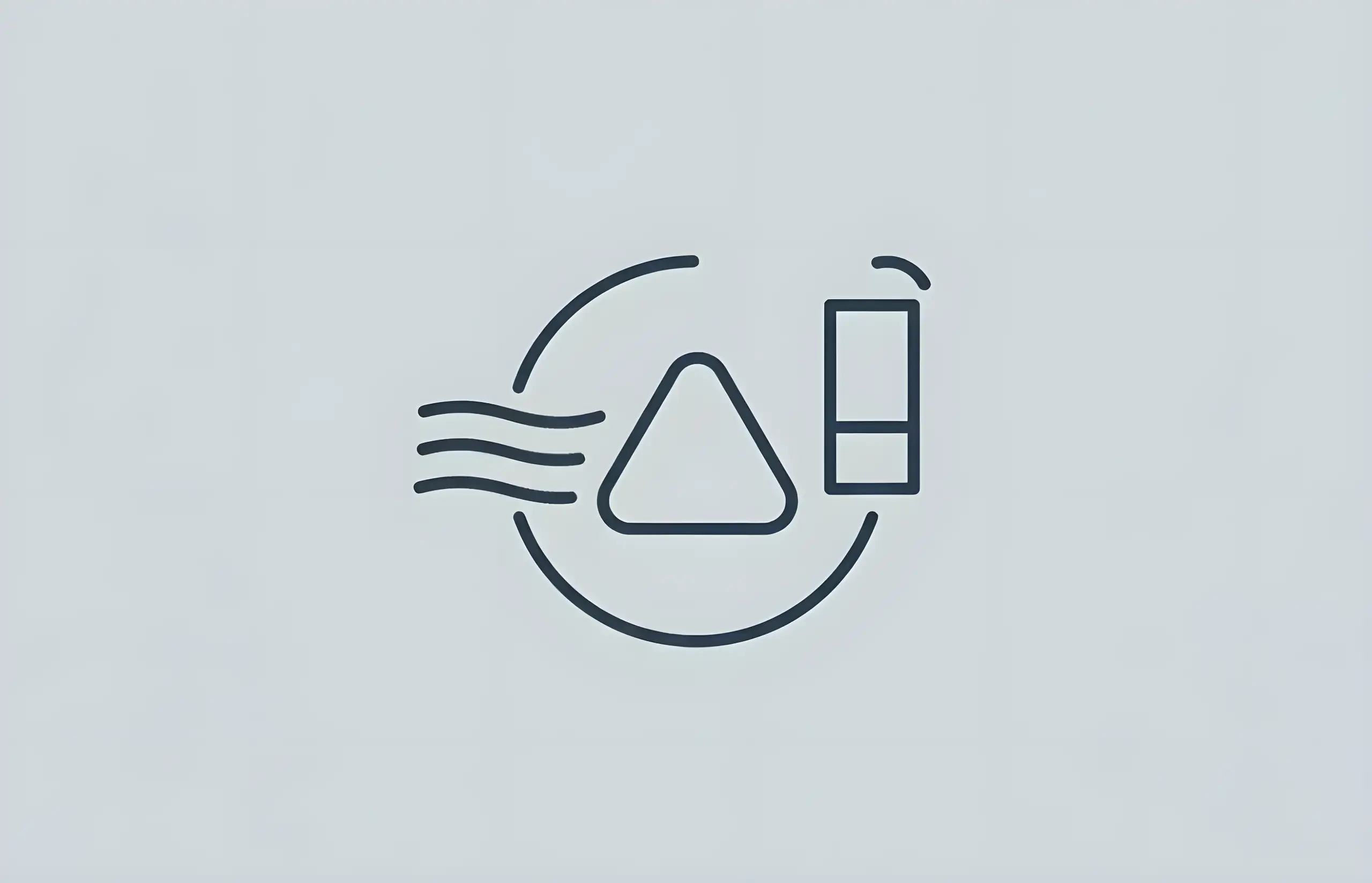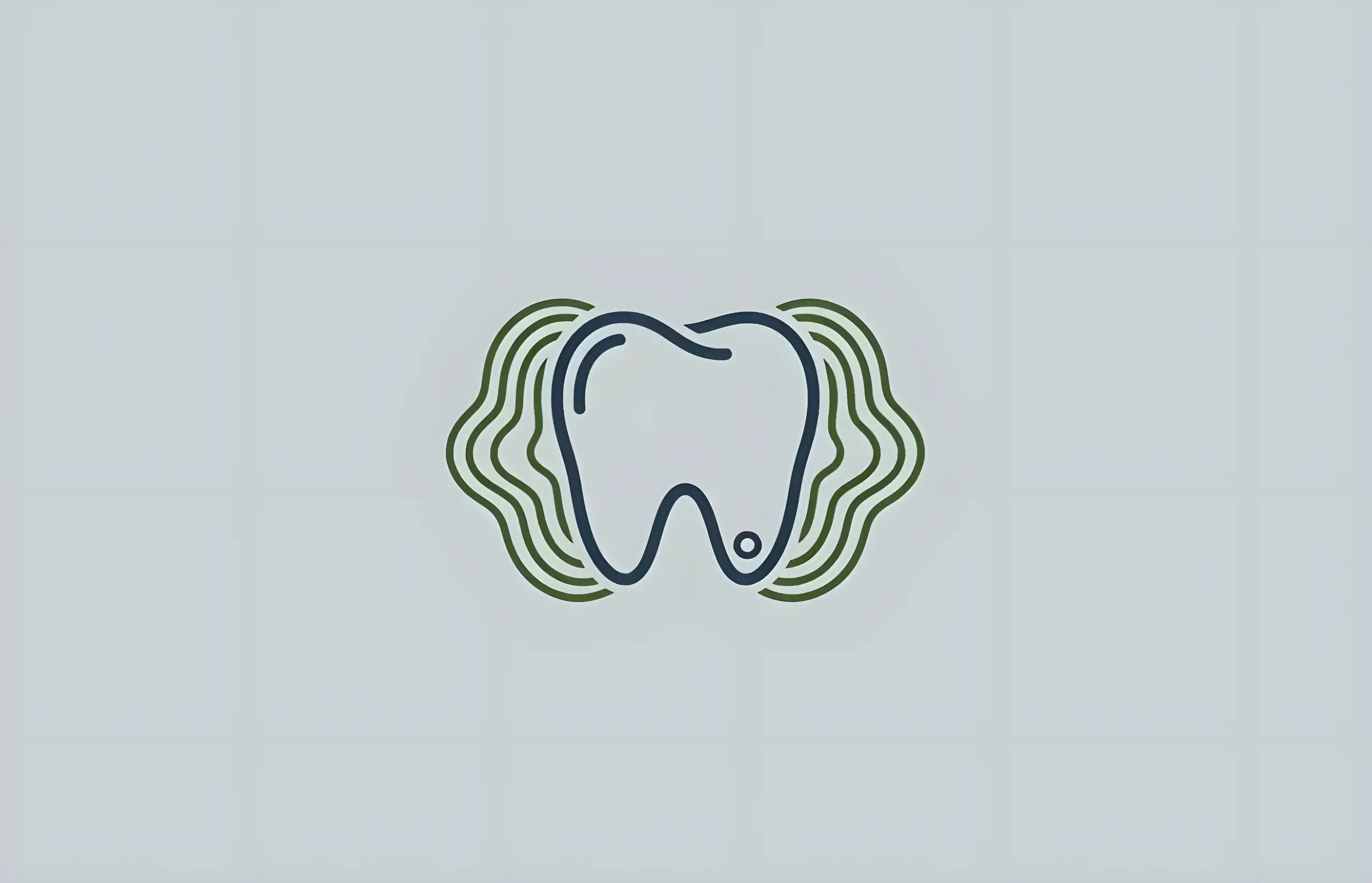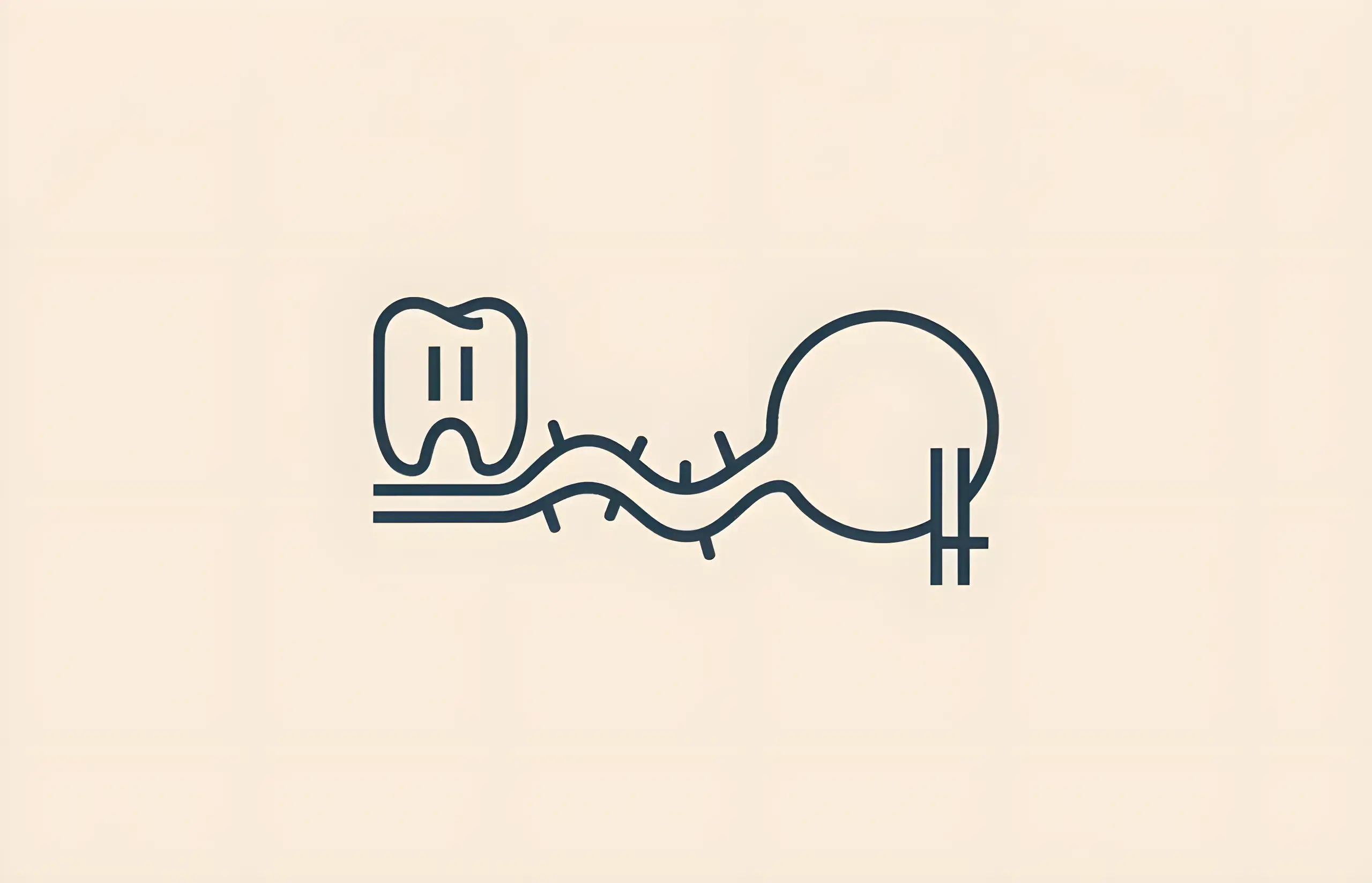Gums make up much of the surface area of your mouth, making even the slightest sensitivity or soreness quite uncomfortable. Having this pain when you talk, eat, or brush is unnecessary and should be dealt with. Sore or painful gums can have multiple different causes; some of them easy to treat.
Oral Health Causes of Sore Gums
There are three health-related causes of painful or sore gums. The first, and most common, reason your gums hurt is gingivitis.
Gingivitis is a gum disease where the gums next to the teeth swell, bleed, recede, or are tender. Typically caused by poor dental hygiene, gingivitis is a common condition and something every dentist checks for during regular checkups. It is vital to catch gingivitis early so that it does not turn into something more serious.
Periodontitis occurs when gingivitis goes untreated. This gum disease may lead to tooth loss, oral abscesses, bite changes, or a range of health problems outside the mouth.
If you do not think your sore gums are caused by either of these diseases, it could be thrush. Common in infants, thrush is a fungal infection due to an overgrowth of Candida yeast. Thrush produces white blotches on the inside of the mouth, usually on the tongue and cheeks, but it can spread to the gums, causing irritation and soreness.
Other Causes
Fungal infections and poor dental hygiene are not the sole causes of sore gums, though. Here are some additional causes that may cause sore gums:
- Changes in hormones: During puberty, pregnancy, menopause, or when taking birth control, hormones change drastically. An increase in progesterone often makes the body react more aggressively to bacteria. So, if you have any excess bacteria in your mouth, gums may swell or become sore in defence.
- Dental appliances: Having foreign objects in your mouth is never comfortable. If you have a new bracket or appliance, check if the gum is irritated, red, or swollen at the base of the bracket.
- Canker sores: these small sores in your mouth irritate the area around them, but usually go away on their own.
- Hard-Bristled Toothbrushes: Most things become uncomfortable when poked or prodded too much, and gums are no different. A hard-bristled toothbrush may make you feel like you are cleaning your mouth more effectively, but it may actually be irritating your gums. Repetitive motion with stiff bristles can lead to gum irritation and soreness.
Treatment
When looking for a sore gums treatment, it is essential to first understand the cause. You can then work with your dentist on the right treatment. However, there are some universal tricks to help treat sore or painful gums:
- Use a soft-bristled toothbrush to minimize irritation
- Brush two times a day for at least two minutes each
- Floss once daily
- Use an antiseptic mouthwash
- Have a dental cleaning twice per year or as recommended by your dentist
- Use dental wax if appliances are irritating your gums
Whatever is causing your sore or painful gums, the first step to treating and caring for your mouth is always to establish a good dental hygiene routine.
Sources and References
- [1]
-
[2]
Periodontitis and systemic diseases: A literature reviewDentistry Journal (PubMed Central)https://www.ncbi.nlm.nih.gov/pmc/articles/PMC3590713/
- [3]
-
[4]
Understanding the Link Between Hormonal Changes and Gingival Health in Women: A ReviewCureus Journal of Medical Science (PubMed Central)https://pmc.ncbi.nlm.nih.gov/articles/PMC12131131/
-
[5]
Primary prevention of periodontitis: managing gingivitisJournal of Clinical Periodontologyhttps://pubmed.ncbi.nlm.nih.gov/25639826/
All sources accessed and verified on . Medical information reviewed for accuracy and compliance with current guidelines.
Related Articles

How To Treat Gingivitis
Learn effective treatments for gingivitis including home care strategies, proper oral hygiene techniques, and prevention methods to restore gum health

How To Stop Bleeding Gums
Understand the causes of bleeding gums from gingivitis to vitamin deficiencies, and learn effective treatments to restore gum health

What Causes Swollen Gums Around A Tooth?
Understanding the causes, treatments, and prevention strategies for swollen, sore, or bleeding gums around a single tooth

Sore Gums During Pregnancy
Learn about sore, swollen, and bleeding gums during pregnancy including causes, when symptoms occur, treatment options, and prevention tips for maintaining oral health
About The Dental Guide
The Dental Guide is a trusted online resource providing evidence-based information about dental health, treatments, and procedures. Our content is created and reviewed by qualified dental professionals to help you make informed decisions about your oral health.
Our Mission
- Evidence-based dental information
- Expert-reviewed content
- Clear, accessible explanations
- Latest treatment options
- Patient-focused guidance
Editorial Standards
- GDC-registered dental professionals
- Peer-reviewed sources
- Regular content updates
- Medical accuracy verification
- Transparent authorship
Important Notice
The information on The Dental Guide is for educational purposes only and should not replace professional dental advice. Always consult with a qualified dentist for diagnosis and treatment recommendations tailored to your individual needs and circumstances.
Medically Reviewed
Reviewed by Dr. Nasim Mechoui , BDS (Bristol)
Share this article
Comments & Discussion
Have questions about dental implants? Share your thoughts or experiences.
